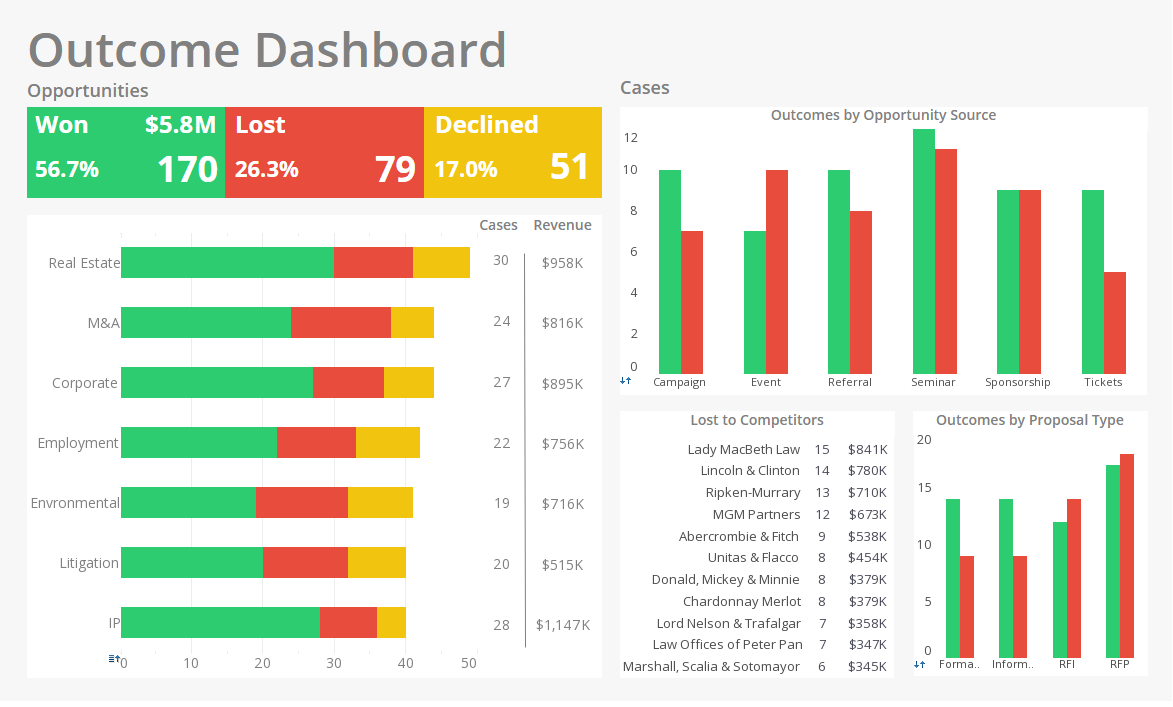InetSoft Webinar: Employment of Mobile Business Intelligence
This is a continuation of the transcipt of a webinar hosted by InetSoft. The speaker is Mark Flaherty, CMO at InetSoft, and he discusses the topic “The Advantages of Mobile Business Intelligence".
Mark Flaherty: By far, the majority of companies employ that basic protection. User authentication is fairly simple through a directory service such as LDAP for example. Now protection of the data itself by encryption provides an additional level of protection so that people who gain access to the device will not have access to the data.
Encryption in transmission is an interesting area. If we did a quick poll here which we are not going to I think the survey results would be a bit of an eye-opener. Many people assume that Blackberries encrypt data through the air but in fact they do not.
Now with encryption and transmission over Wi-Fi or other carrier services even if the data is intercepted, it still cannot be decrypted without access to the encryption key.
Now some devices such as the BlackBerry and more recently the most recent release of the Apple operating system have support for encryption built into the operating system. However, the default is for that to be turned off. Part of the reason is there is really no universal solution for encryption at the moment.
It's often done by encrypted transmission within the application. So some applications might have encryption, and others may not. It's really quite a fragmented picture.
| #1 Ranking: Read how InetSoft was rated #1 for user adoption in G2's user survey-based index | Read More |
The leaders in mobile BI are likely to have formal security policies in place to cover all mobile devices. That’s really the basis of having a truly well integrated policy that provides protection, protects user access, protects device access and also the data at every point in this life cycle such as data in transmission and also data at rest on the device itself.
So in summary, on security for mobile BI, security is actually far from perfect even at best organizations. And one of the anecdotes that I often hear on that, and I am sure you do too, if employees are bringing their own personal mobile devices to work and requesting or even demanding that corporate IT provide them with access to data. I expect some of you have been in that situation either as a user or as a member of corporate IT. You also hear people talk about the democratization of data and making data available to everyone, and not just a select few.
I think as recent events in Europe and Middle East and Africa show, that there really is quite a fine line between democracy and anarchy, and I think the same is true for access to corporate data. Providing access to too much data for too many people can make strong security and management of data and IT assets very, very difficult to achieve. So in my mind there is quite a strong case I think for putting as much responsibility as possible for things like device standards, connectivity, security, as you have access to vault data in the hands of corporate IT.
 |
Read the top 10 reasons for selecting InetSoft as your BI partner. |
| Previous: Data From Multiple Source Systems |



